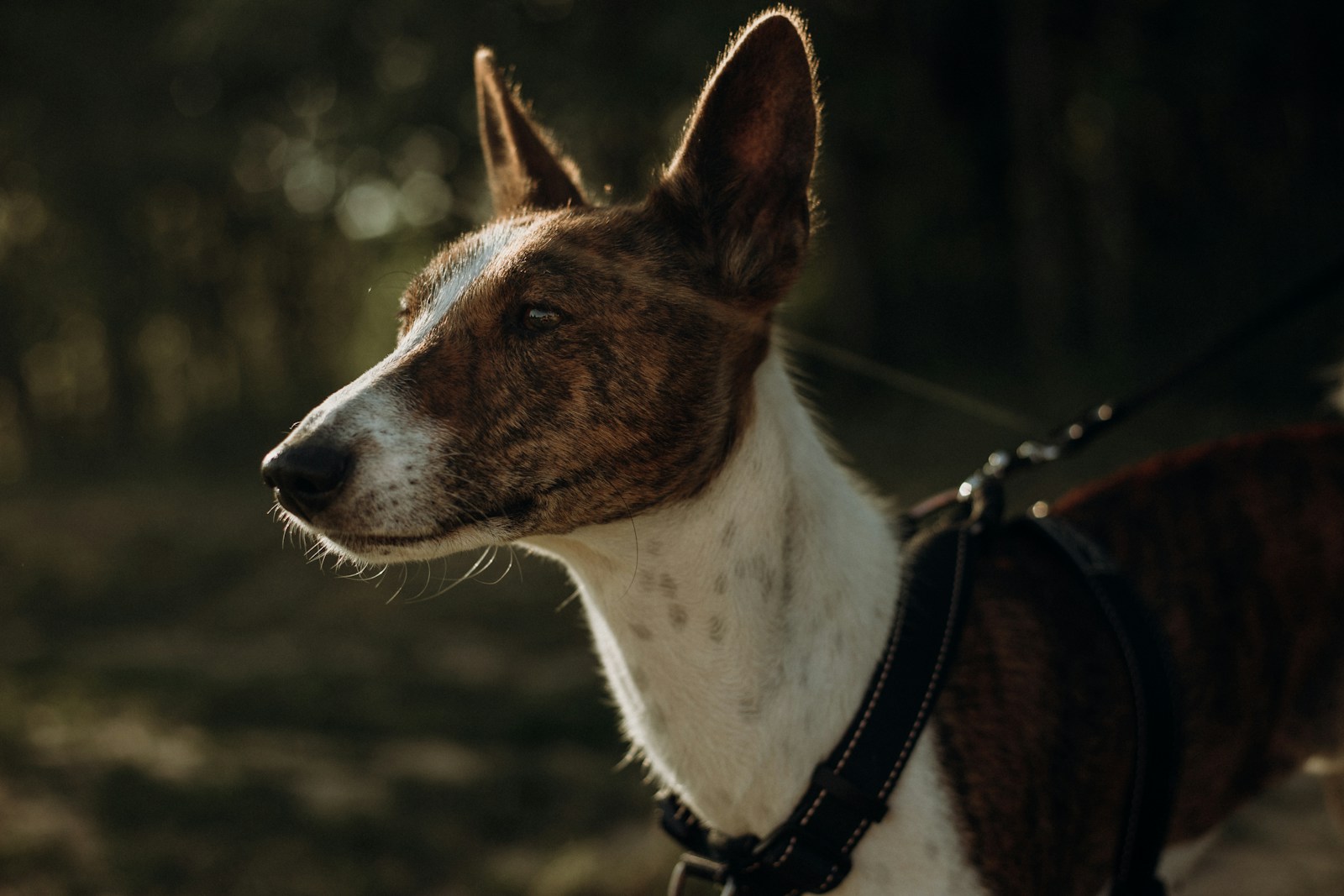Basenjis are lovable and independent dogs, known for their unique qualities and charming personalities. They originate from Central Africa and have become increasingly popular as pets around the world. If you are considering adding a Basenji to your family, you may wonder whether they can live alone or require constant company.

Contents
Can Basenji Live Alone?
The Independent Nature of Basenjis
Basenjis are often described as cat-like dogs due to their independent nature. They are known for their self-assurance, which sometimes gets mistaken for aloofness. Unlike many other dog breeds, Basenjis are not overly demanding of attention and can entertain themselves for extended periods.
While Basenjis do appreciate human companionship, they are also content with spending time alone. They possess a strong sense of self-reliance, and this breed has adapted to living in small hunting packs in their native Africa. Therefore, Basenjis have the ability to cope when left alone for moderate periods.
However, it is important to note that each Basenji is unique. Some Basenjis may be more prone to separation anxiety than others. Separation anxiety can cause destructive behavior, excessive barking, or even depression in dogs when left alone for extended periods.
Managing Alone Time for your Basenji
While Basenjis are independent dogs, it is crucial to ensure they are comfortable during their alone time. Here are some tips to make their alone time enjoyable:
- Create a Safe Space: Provide a safe and comfortable space for your Basenji to retreat to when left alone. A cozy bed, some toys, and maybe even a piece of your clothing that carries your scent can help comfort them.
- Stimulating Environment: Keep your Basenji mentally stimulated by providing puzzle toys or treat-dispensing toys. These toys can keep them entertained and occupied throughout the day.
- Establish a Routine: Dogs, including Basenjis, thrive on routine. Set a regular schedule for meals, exercise, and alone time. This routine will help them adapt and become more comfortable when left alone.
- Exercise Before Leaving: Ensure your Basenji gets sufficient exercise before you leave them alone. A tired dog is more likely to be calm and relaxed during their alone time.
- Consider a Companion: If you are away for long hours regularly, consider having another pet as a companion for your Basenji. Dogs or cats with a Basenji’s similar independent nature can be good options.
FAQs
Q: Are Basenjis suitable for a busy lifestyle?
A: Yes, Basenjis can adapt to a busy lifestyle. They are independent dogs and can handle being alone for moderate periods. However, it is essential to provide them with adequate mental and physical stimulation when you are around.
Q: Can Basenjis be left alone for the entire day?
A: While Basenjis can tolerate some alone time, leaving them alone for the entire day is not recommended. They still need human interaction and exercise to lead a happy and balanced life. If you have a busy schedule, consider getting help from a dog walker or daycare.
Q: Do Basenjis get separation anxiety?
A: Some Basenjis can develop separation anxiety, especially those prone to needing constant human companionship. It is important to gradually introduce them to alone time and provide positive reinforcement to alleviate potential anxiety.
Q: Can Basenjis coexist with other pets?
A: Basenjis can coexist well with other pets, given proper introductions and socialization. However, their high prey drive may pose a challenge when introduced to smaller animals like hamsters or birds. Monitoring and supervision are essential during the initial stages of pet integration.
Q: How can I help my Basenji adapt to alone time?
A: Start by gradually increasing the time your Basenji spends alone. Provide a safe and comfortable environment, engaging toys, and establish a routine. Avoid making a big fuss when leaving or returning home to normalize their alone time.
Q: Are Basenjis suitable for first-time dog owners?
A: Basenjis can be more challenging for first-time dog owners due to their independent nature. They require consistent training, socialization, and mental stimulation. However, with proper research, dedication, and guidance, they can make great companions.
In conclusion, Basenjis are independent dogs capable of living alone, but they still need companionship and mental stimulation. Providing a stimulating environment, establishing a routine, and gradually increasing alone time can help them adapt to periods of solitude. If considering a Basenji, ensure you can fulfill their needs and provide a loving and engaging environment.











